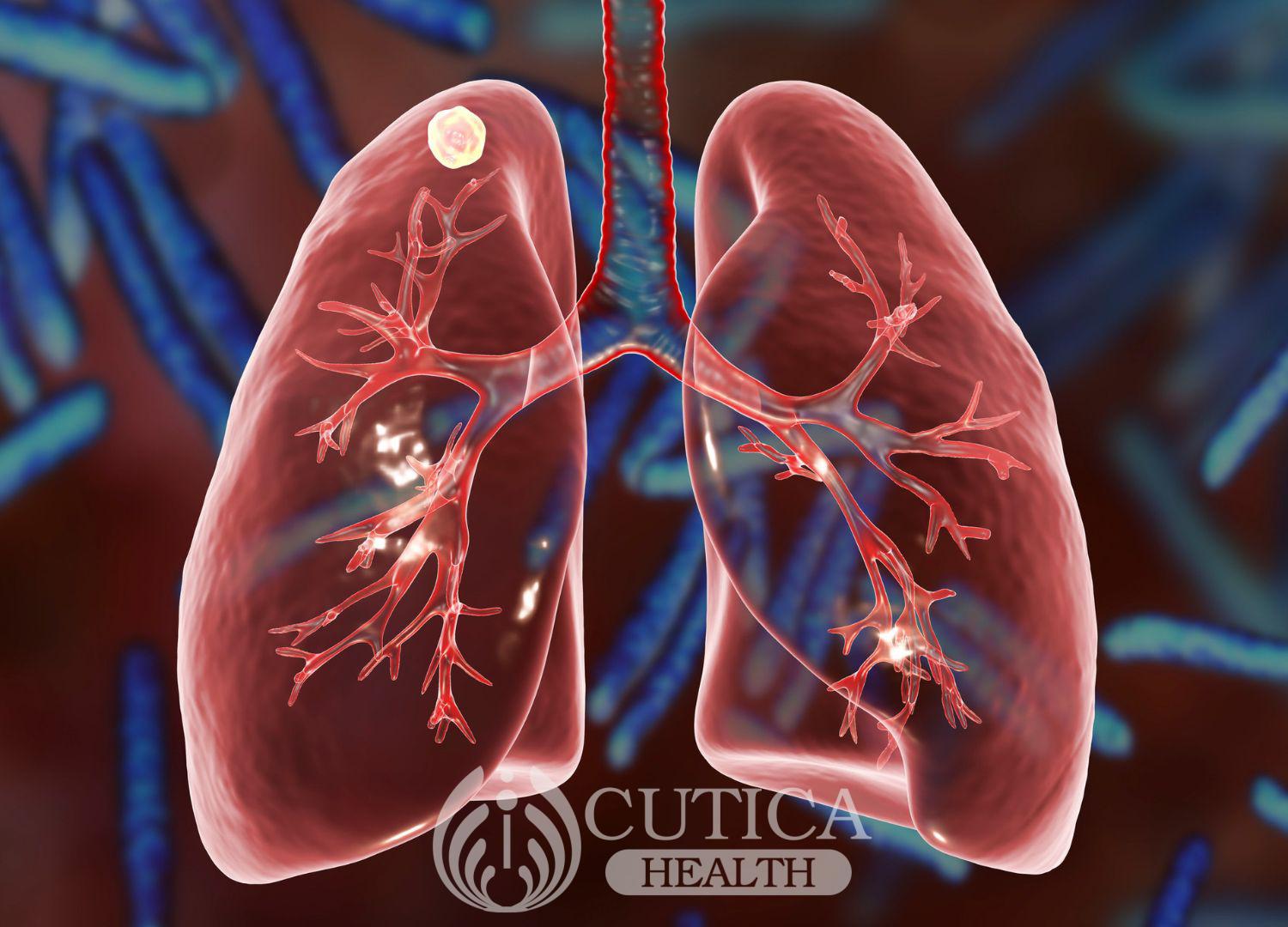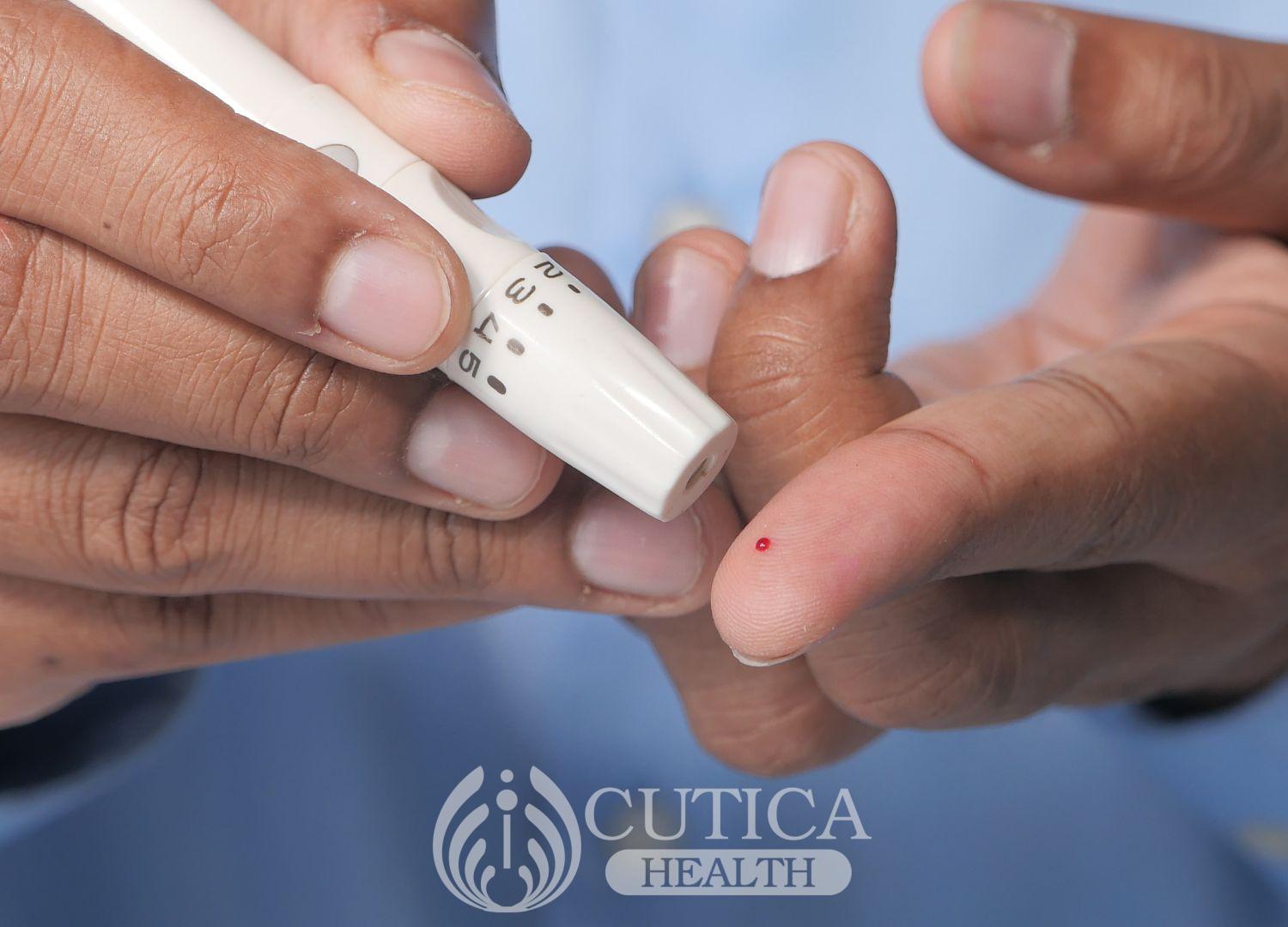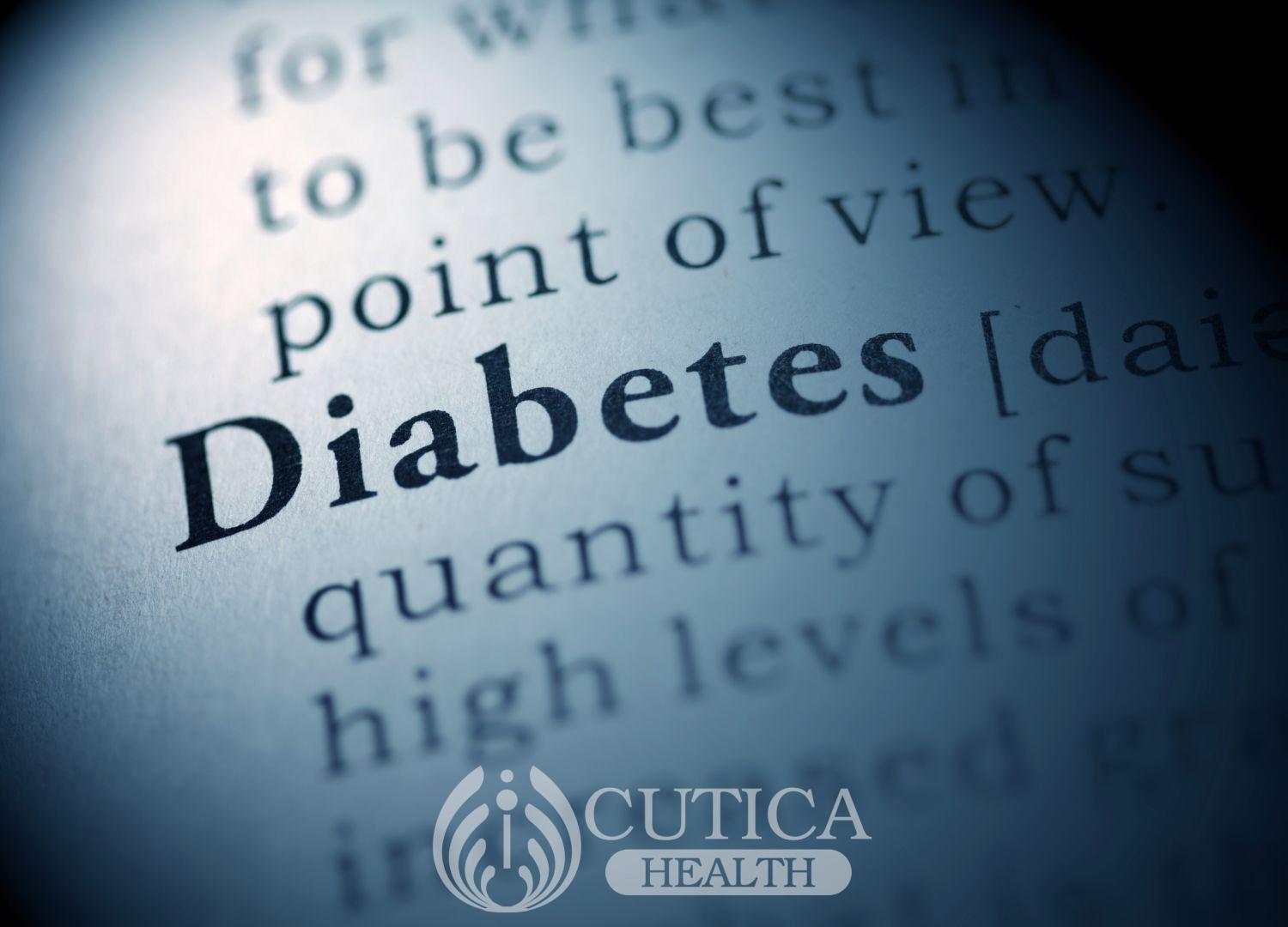
HIV is caused by the human immunodeficiency virus. It remains the greatest public health concern responsible for about 1.5 million new infections and more than 680,000 deaths every year. The complications of HIV depend largely on the stage of infection.
What are the stages of infection in HIV?
Stage 1: Infection: During this stage you’ve been infected, but you may not even know that you’ve been infected at all because you might have absolutely no symptoms.
Stage 2: This stage is a quiet phase of infection; here, you’ve been infected already and the virus is incubating but you still do not have any symptoms whatsoever. It is a very dangerous state because you might pass on the virus to loved ones without even knowing it. This stage has also been called the window period.

Stage 3: Symptomatic. This is the point where you notice some symptoms, mostly mild. In fact you might think it’s just a little fever or just some flu-like symptoms. Some of the symptoms that you experience during the stage include, but are not limited to, the following:
*A fever
*A headache
*A rash
*A sore throat
*A sore anus
*Sore genitals
*Fatigue
*Muscle aches
*Sore throat
*Swollen lymph nodes.
Stage 4: Progression: Getting to this stage is an indicator that things are getting worse—it means your body systems are deteriorating and has moved from just HIV infection to acquired immunodeficiency syndrome otherwise called AIDS—it isn’t a good sign.
What are the complications of the various stages of HIV?
Stage 1: This is the stage of infection. During this stage, the greater risk is to those with whom you share your life and not necessarily to yourself.
Stage 2: This is also called the asymptomatic stage or the clinically latent stage—so-called because the infection is present but not apparent. There are three important things to remember with stages 1 and 2. First, it is a window of opportunity because though diagnosed, your level of immunity is still very high and the chances are very high that you can stay healthy if you start anti-retroviral therapy as soon as possible. Secondly, the stage of gives you the opportunity to make lifestyle changes that will enhance your immunity. Third, this is also a window of danger because you don’t feel a thing but you can pass on the virus to loved ones.

For stages three and four, overt clinical signs of infection have already set in. However, you can still slow down the progression by keeping to your doctor’s anti-retroviral therapy prescriptions.
Unfortunately, HIV-AIDS affects several systems in your body and the health complications could be very daunting, including:
- Severe gum and salivary gland diseases.
- Infections of the layers of the heart, called myocarditis and pericarditis—inflammation of the heart coverings. The lungs and the breathing system could be invaded by fungi resulting in serious pneumonia. Both conditions could lead to heart failure and death.
- Within the digestive system, HIV affects the intestines, resulting in problems with digesting and absorbing food. This often causes prolonged diarrhea and abdominal pain. HIV could also infect the liver and alter its functions, resulting in poor drug processing.
- HIV can also affect the brain, causing brain damage and coma
- HIV can also damage the kidneys, which in turn, could lead to kidney failure and death
- Of particular interest is the fact that HIV patients could experience bleeding in various parts of the body because HIV could affect the normal blood clotting process.

Take-home message: While it’s true that you can lead a normal life even after being diagnosed with HIV AIDS, this is only guaranteed when you commence anti-retroviral therapy promptly and appropriately. Failure to do this will increase your risk of several complications.












